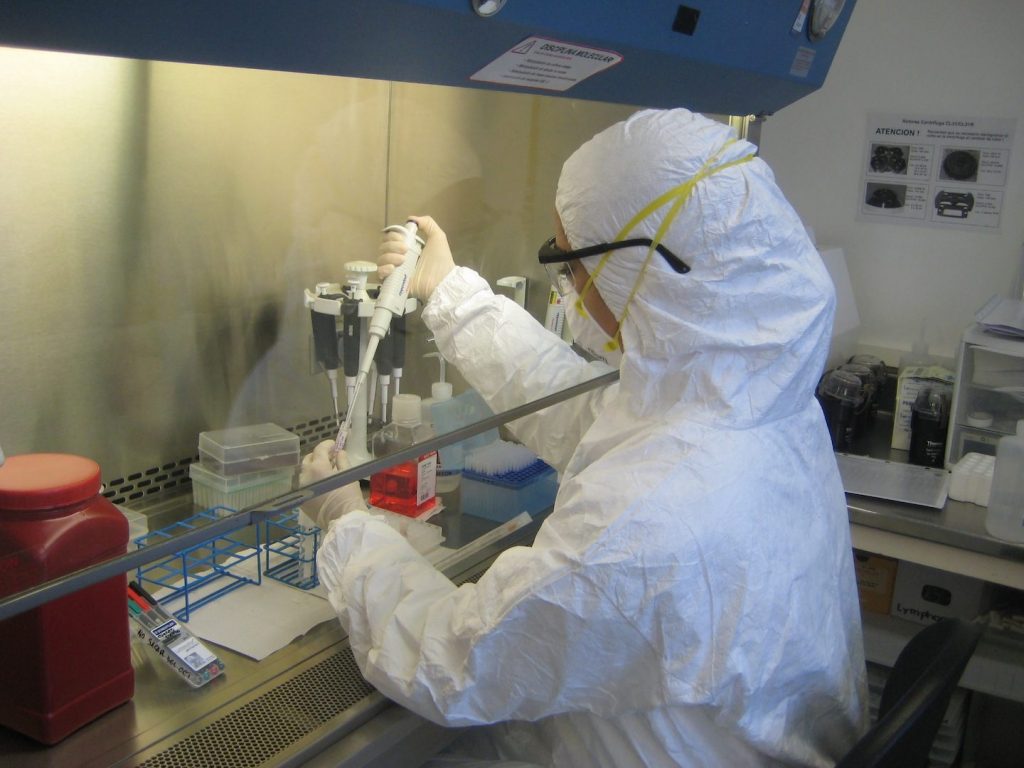Cloning the novel SARS-coronavirus (SARS-CoV2) in the laboratory is now more rapid and efficient. A team of researchers from Bern, Switzerland, created a synthetic platform that produced SARS-CoV-2 copies in only one week. The results were published yesterday, as an unedited manuscript, in the scientific journal Nature.
The new replication model was made using TAR (“transformation-associated recombination”) cloning. In this system, the yeast Saccharomyces cerevisae is used as a cloning system (viruses aren’t able to reproduce by themselves; thus they need a host and its machinery to replicate viral copies).
SARS-CoV2 clones
Next, the team made DNA copies of the SARS-CoV2 genome using RNA fragments of the virus and reassembled in the yeast system. In one week after obtaining the viral fragments, the researchers were able to synthesize several copies of SARS-CoV2 genome. The technique was also successful in cloning other RNA viruses, such as ZIKA virus and MERS-CoV, in yeast.
The production of multiple, synthetic copies of the virus in a short time span is crucial for the study of the outbreak. Using viral clones, laboratories can investigate new therapeutics to treat Covid-19, the disease caused by the SARS-Cov-2, and study the evolution of the viral genome in almost real-time, without the need for clinical samples.
The novel coronavirus has infected around 3,5 million people in the world and has caused more than 250,000 deaths.
Source: Thao, T.T.N., Labroussaa, F., Ebert, N. et al. Rapid reconstruction of SARS-CoV-2 using a synthetic genomics platform. Nature (2020). https://doi.org/10.1038/s41586-020-2294-9





